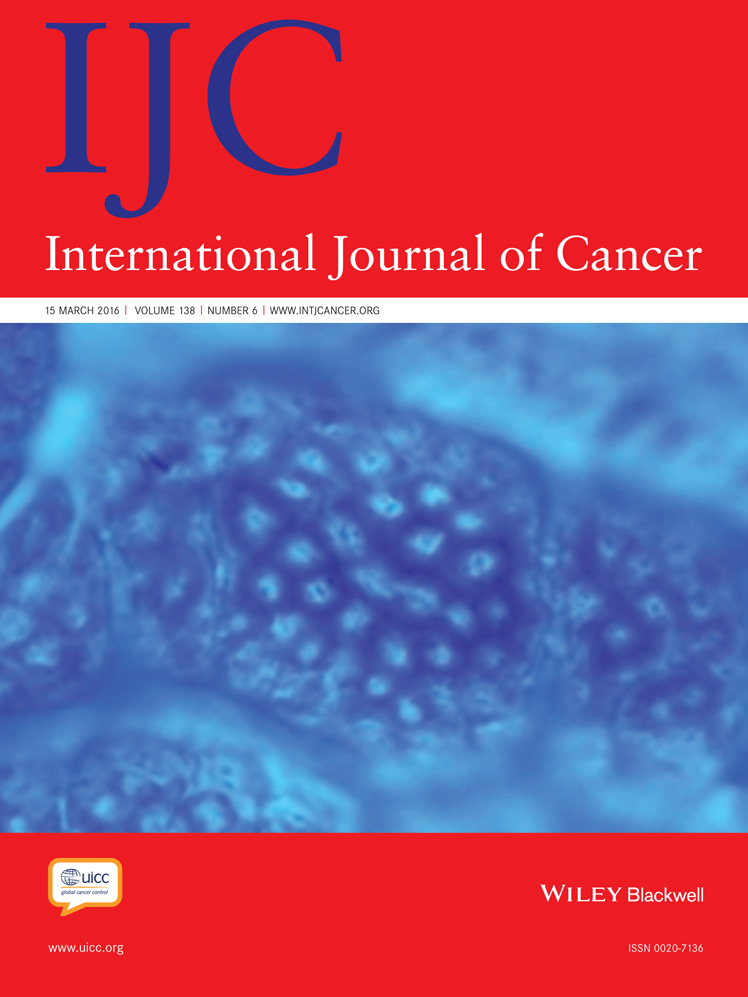Lung cancer treatment is influenced by income, education, age and place of residence in a country with universal health coverage
Abstract
Selection of lung cancer treatment should be based on tumour characteristics, physiological reserves and preferences of the patient. Our aims were to identify and quantify other factors associated with treatment received. Lung cancer patient data from 2002 to 2011 were obtained from the national population-based Cancer Registry of Norway, Statistics Norway and the Norwegian Patient Register. Multivariable logistic regression examined whether year of diagnosis, age, sex, education, income, health trust, smoking status, extent of disease, histology and comorbidities were associated with choice of treatment; surgery or radical or palliative radiotherapy, within 1 year of diagnosis. Among the 24,324 lung cancer patients identified, the resection rate remained constant while the proportion of radical radiotherapy administered increased from 8.6 to 14.1%. Older patients, those with lower household incomes and certain health trusts were less likely to receive any treatment. Lower education and the male gender were identified as negative predictors for receiving surgery. Smoking history was positively associated with both radical and palliative radiotherapy, while comorbidity and symptoms were independently associated with receiving surgery and palliative radiotherapy. Although Norway is a highly egalitarian country with a free, universal healthcare system, this study indicates that surgery and radical and palliative radiotherapy were under-used among the elderly, those with a lower socioeconomic status and those living in certain health trusts.
Abstract
What's new?
According to Norwegian guidelines, lung cancer treatment should be based on extent of disease, tumour histology, comorbidities, performance status and preferences of the patient. Here, the authors present the first nationwide population-based study to examine and quantify the association between nonguideline-specified factors and surgical treatment and radical radiotherapy or palliative radiotherapy for lung cancer patients. The results suggest that even in a highly egalitarian country with a free, universal healthcare system such as Norway, lung cancer patients with low socioeconomic status, advanced age and living in certain areas are less likely to receive surgery, radical radiotherapy and palliative radiotherapy.




